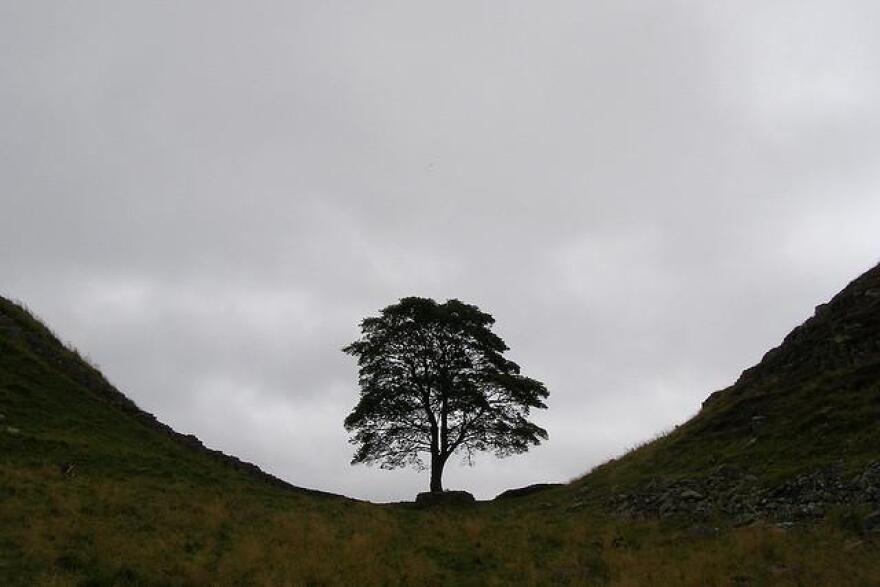Tuesday, July 14, 2020
We learn about the history of racial-terror lynchings in the South with a panel of historians.
This show is part of a special series examining America’s history of racial injustice. Parts of the show originally aired in 2012 and 2019.
Between 1882 and 1968, nearly 5,000 people were executed by lynching in the United States. Most of the victims were African American boys and men, and most lynchings occurred in the South.
They constitute a dark, painful chapter in our history, but it is sometimes valuable to revisit painful periods to see what we can learn from them. Until recently, this era of racial terror went largely undocumented, and the impact to the community was never fully examined.
Historians are working to change that, and some of them join us to reflect on the legacy of lynching as our series examining America’s history with racial injustice continues.
Guests
Dr. Jeffrey Leak, professor of English at UNC Charlotte and former director of the UNC Charlotte Center for the Study of the New South
Dr. Claude Clegg, historian and author of "Troubled Ground: A Tale of Murder, Lynching and Reckoning in the New South, about the Salisbury Lynching"
Emily Zimmern, past president of Levine Museum of the New South
Dr. Willie Griffin, staff historian, Levine Museum of the New South
Michael Moore, community historian
Related info:
- This show discusses a 2012 exhibit at Levine Museum based on a book of photographs called "Without Sanctuary: Lynching Photography in America."
- Last year, the Levine Museum continued a dialog about lynching with an exhibit and community discussion.
- The Equal Justice Initiative's Legacy Museum and The National Memorial for Peace and Justice were also mentioned.



